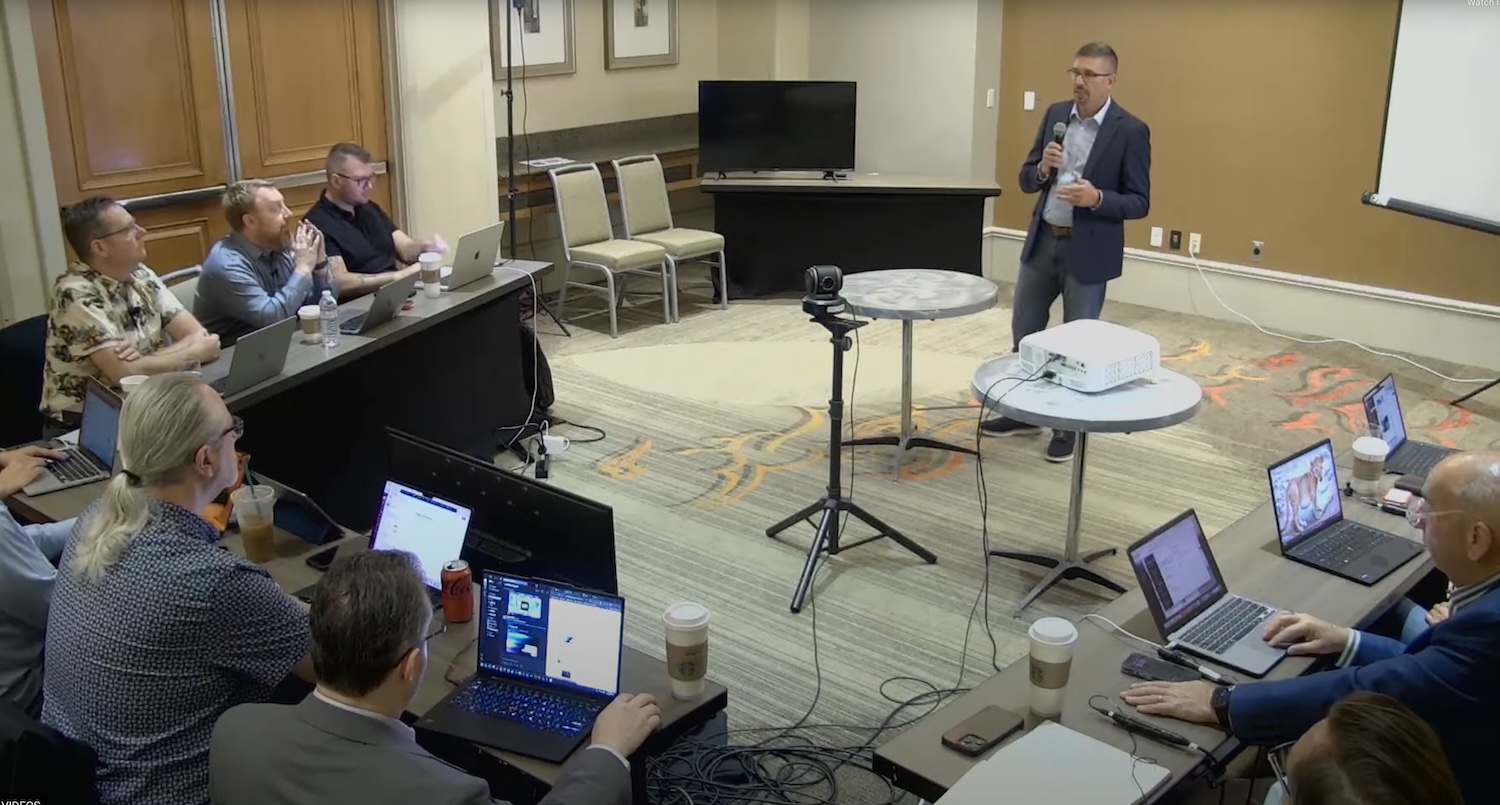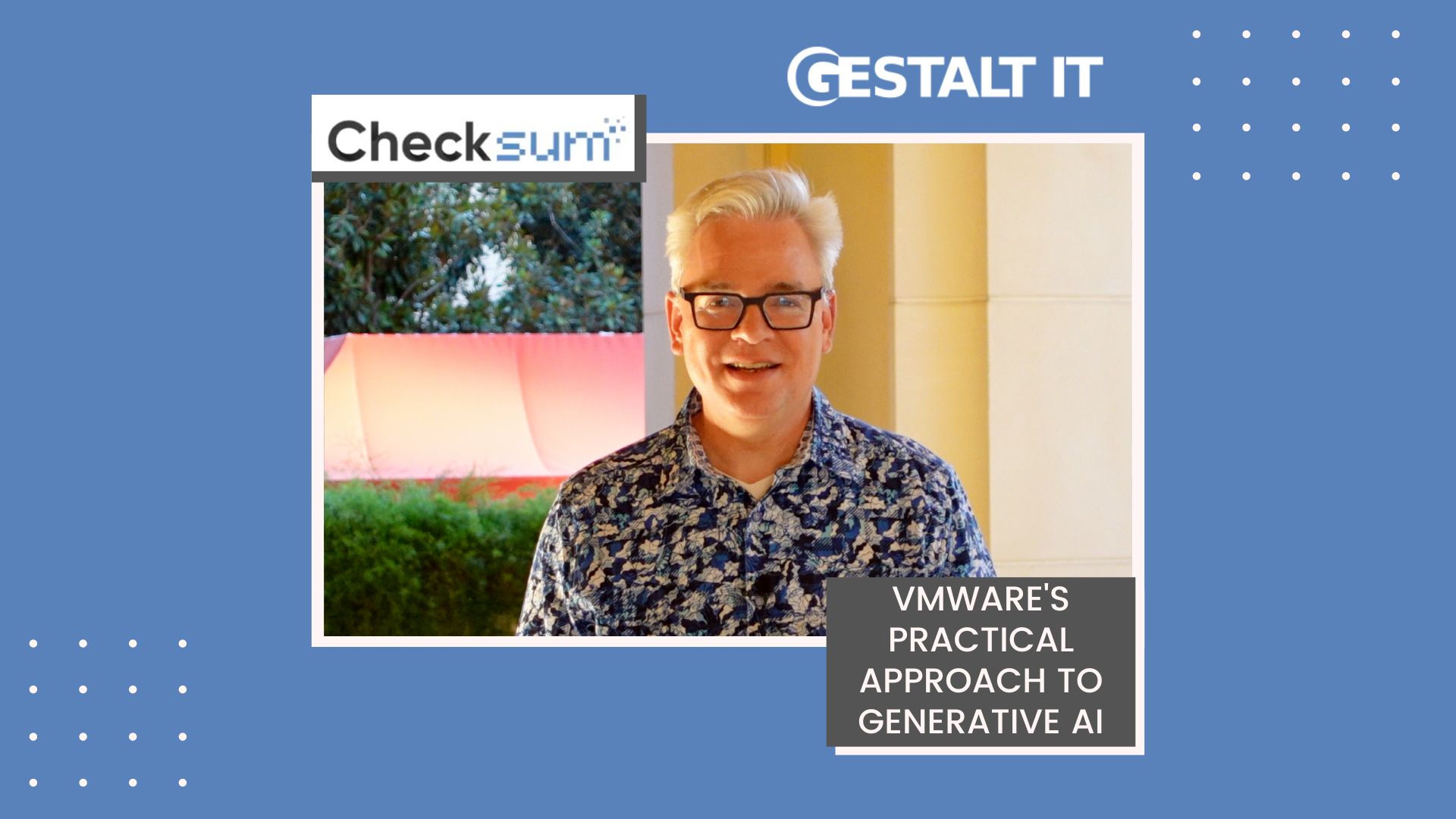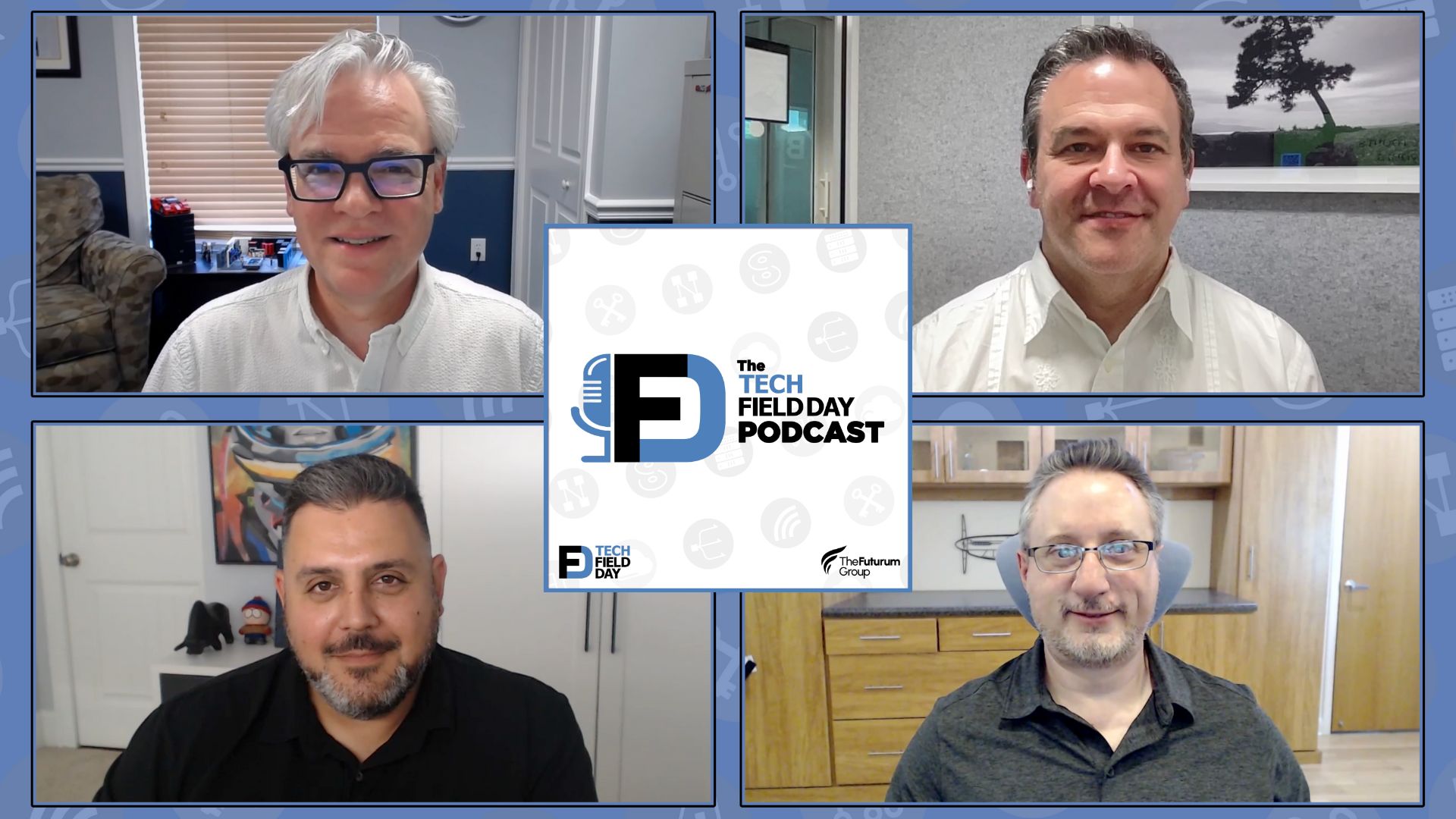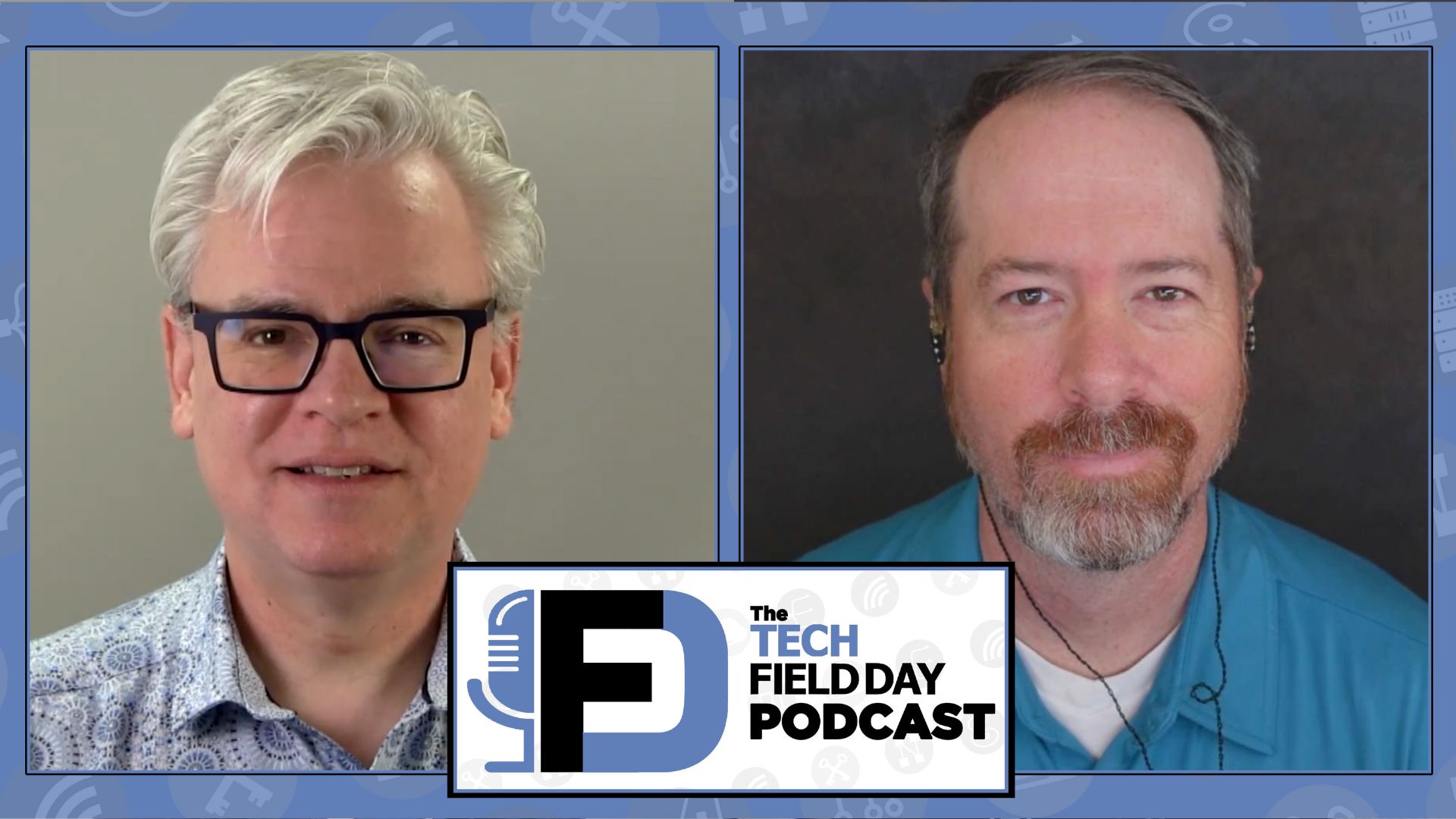Generative AI will revolutionize enterprise IT, but not in the way people expect. This episode of the Tech Field Day podcast includes Stephen Foskett discussing the impact of GenAI with Jack Poller, Calvin Hendryx-Parker, and Josh Atwell at AppDev Field Day. The discussion centered around the potential impact of generative AI on enterprises, debating whether it will significantly transform business operations or merely offer incremental improvements. Generative AI is still in its infancy and may not yet provide revolutionary benefits, but there is great potential for AI in automating tasks and enhancing efficiencies despite challenges in implementation and validation. We must be realistic when it comes to the application of AI in enterprises, and it is important to understand the real capabilities and limitations, and the role of existing vendors in integrating AI functionalities into their products.
Apple Podcasts | Spotify | Overcast | Amazon Music | YouTube Music | Audio
Watch the presentations and more on the AppDev Field Day 1 Event Page.
Generative AI (GenAI) is becoming a focal point of discussion across various industries, extending beyond software development and IT into the realms of business, marketing, and executive decision-making. The question remains whether GenAI can substantially impact enterprises or if it remains largely a buzzword with limited practical application.
The current state of GenAI is nascent, primarily enhancing existing processes rather than creating revolutionary changes. Enterprises are contemplating the investment required to integrate GenAI, questioning whether it will merely speed up current operations or genuinely transform business models. The challenge lies in identifying groundbreaking applications that justify the investment in GenAI.
There are compelling arguments for GenAI’s potential benefits within enterprises. For instance, it can automate unit tests, functional tests, and other repetitive tasks, saving significant time and resources. Additionally, GenAI can facilitate complex queries and data analysis, enabling businesses to extract more value from their data. However, these applications often appear as incremental improvements rather than revolutionary changes.
A significant concern for enterprises is the defensive posture they must adopt regarding AI. Employees across various departments are already using public AI frameworks, raising issues about data security and intellectual property. Companies are increasingly looking to develop internal AI models using proprietary data to mitigate these risks, although the timeline for achieving valuable outcomes remains uncertain.
One of the critical advantages of GenAI is its ability to understand and process natural language, which can simplify complex tasks like setting security policies or automating customer service interactions. This capability can reduce the need for extensive manual intervention, potentially decreasing errors and increasing efficiency.
However, the revolutionary impact of GenAI is still debatable. Many enterprises may not fully understand what GenAI entails, often driven by the hype rather than a clear strategy. While GenAI can offer significant improvements in specific areas, such as marketing automation or internal data analysis, these applications might not be as transformative as some might hope.
The integration of GenAI into existing enterprise systems, such as CRM platforms or security frameworks, may offer more immediate and tangible benefits. For example, using GenAI to enhance search capabilities within a company’s knowledge base or to automate routine tasks can provide value without requiring a complete overhaul of existing processes.
Despite the potential benefits, there is a need for enterprises to approach GenAI with a clear understanding of its capabilities and limitations. Investing in GenAI should be driven by well-defined use cases that align with the company’s strategic goals rather than by the desire to follow industry trends.
In conclusion, while GenAI holds promise for enhancing various aspects of enterprise operations, its ability to move the needle significantly is still uncertain. The technology’s true value will likely emerge over time as companies experiment with different applications and integrate GenAI into their broader digital transformation strategies. For now, enterprises should focus on realistic, incremental improvements while keeping an eye on the evolving landscape of GenAI.
Podcast Information:
Stephen Foskett is the Organizer of the Tech Field Day Event Series, now part of The Futurum Group. Connect with Stephen on LinkedIn or on X/Twitter.
Jack Poller is and industry leading cybersecurity analyst and Founder of Paradigm Technica. You can connect with Jack on LinkedIn or on X/Twitter. Learn more on Paradigm Technica’s website.
Calvin Hendryx-Parker is the co-founder and CTO of Six Feet Up, a Python development and Cloud consulting company. You can connect with Calvin on LinkedIn or on X/Twitter. Learn more about Six Feet Up on their website.
Josh Atwell is a former data center and cloud automation architect and is now a marketer/consultant. You can connect with Josh in LinkedIn or X/Twitter and learn more about him on his website.
Thank you for listening to this episode of the Tech Field Day Podcast. If you enjoyed the discussion, please remember to subscribe on YouTube or your favorite podcast application so you don’t miss an episode and do give us a rating and a review. This podcast was brought to you by Tech Field Day, home of IT experts from across the enterprise, now part of The Futurum Group.




